May 22, 2025 | 18:37 GMT +7
May 22, 2025 | 18:37 GMT +7
Hotline: 0913.378.918
May 22, 2025 | 18:37 GMT +7
Hotline: 0913.378.918
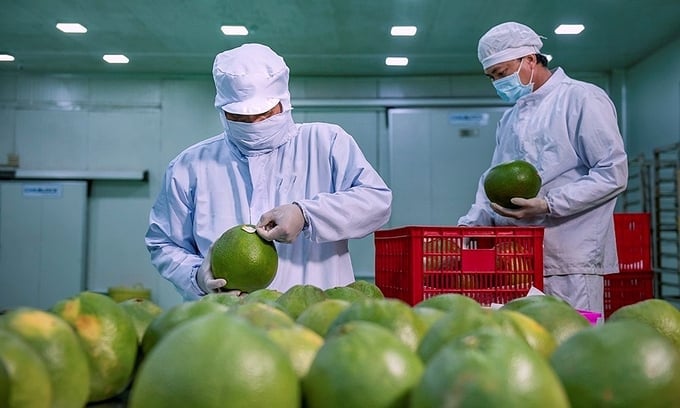
Fresh pomelos in preparation for export to Australia.
According to notification No. G/SPS/N/AUS/588 regarding the analysis of import risk for Vietnamese fresh pomelo, the Vietnamese pomelo must comply with biosecurity risk management measures targeting 19 harmful organisms to gain access to the Australian market.
These species include: (1) Asian citrus psyllid (Diaphorina citri), (2) false spider mite (Brevipalpus phoenicis), (3) carambola fruit fly (Bactrocera carambolae), (4) guava fruit fly (Bactrocera correcta), (5) oriental fruit fly (Bactrocera dorsalis), (6) peach fruit fly (Bactrocera zonata); (7) melon fly (Zeugodacus cucurbitae), (8) pumpkin fruit fly (Zeugodacus tau), (9) cocoa mealybug (Exallomochlus hispidus), (10) coffee mealybug (Planococcus lilacinus), (11) Rastrococcus pentagona, (12) Parlatoria cinerea, (13) black parlatoria scale (Parlatoria ziziphi); (14) white peach scale (mulberry scale), (15) citrus red mite (Panonychus citri), (16) Kanzawa spider mite (Tetranychus kanzawai), (17) chilli thrips (Scirtothrips dorsalis), (18) onion thrips (Thrips tabaci); (19) Asiatic citrus canker (Xanthomonas citri subsp. citri).
With regard to psyllids, production areas and packaging facilities must be free from infestation, and employ measures approved by the Ministry of Agriculture and Rural Development to minimize the risks caused by psyllids on pomelos. Additionally, treatment of fresh pomelos to control psyllids and disinfection using methyl bromide are essential.
With regard to fruit flies, production areas and packaging facilities must be free from infestation, and emlploy measures to control fruit flies, such as irradiation.
With regard to false spider mites, mealybugs, scales, red mites, and thrips, Australia proposed Vietnam to conduct visual inspections prior to exporting, and employ appropriate measures if necessary.
Citrus canker disease requires an effective systemic approach to minimize the risk posed by the disease on pomelos.
SPS Vietnam issued Dispatch No. 147/SPS-MARD in response to the notification from the Department of Agriculture, Fisheries and Forestry of Australia. Accordingly, the Department of Plant Protection of Vietnam has been requested to promptly implement Australia's requirements and support Vietnamese producers.
In March 2024, Minister of Agriculture and Rural Development Le Minh Hoan visited Australia and held discussions with his counterpart, Murray Watt.
Subsequently, Vietnam and Australia agreed to strengthen their technological cooperation in order to provide new market opportunities for Australian blueberries and Vietnamese pomelos. This partnership as a priority for both countries as they commemorate 50 years of ASEAN-Australia relations.
Pomelo is one of Vietnam's key fruit exports. With the advantage of extended production seasons, multiple regions across the country have the potential to increase productivity and yield of pomelos, with a focus on high-quality varieties. However, this fruit faces significant competition from other countries around the world, with Thailand being the most dominant.
Access to the Australian market is expected to significantly increase Vietnamese pomelos' export revenues, thereby facilitating the fruit and vegetable sector in achieving a historic milestone of 6 billion USD in 2024.
Translated by Nguyen Hai Long
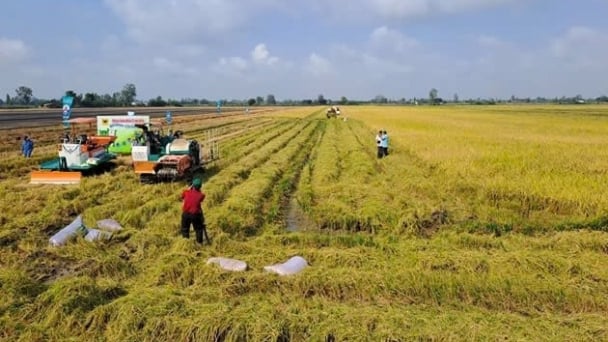
(VAN) To operate carbon market, one of the key issues is determining which types of 'commodities' meet the standards to be traded on the market.
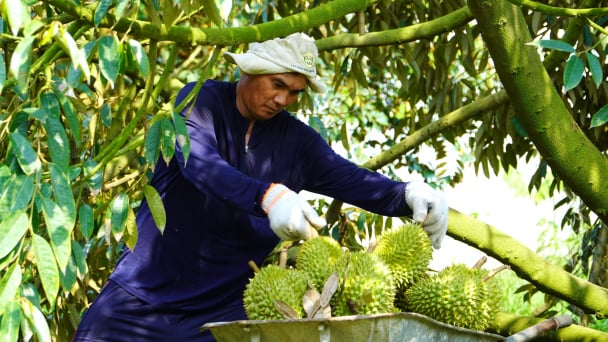
(VAN) Durian-producing localities need to coordinate more effectively with central authorities to improve the traceability, monitoring, and response systems in case of violations.
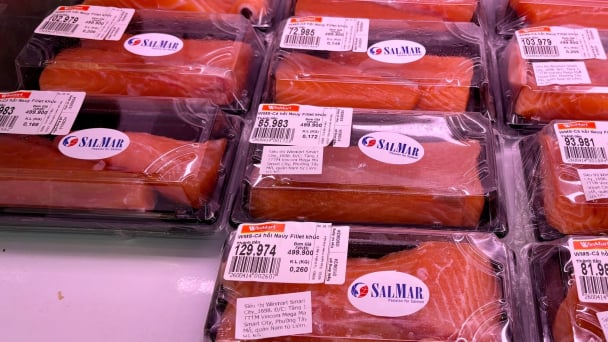
By minimizing waste, embracing modern technology, and expanding into niche markets, SalMar - the second largest producer of Atlantic salmon in the world has built a successful strategy to conquer the global market.
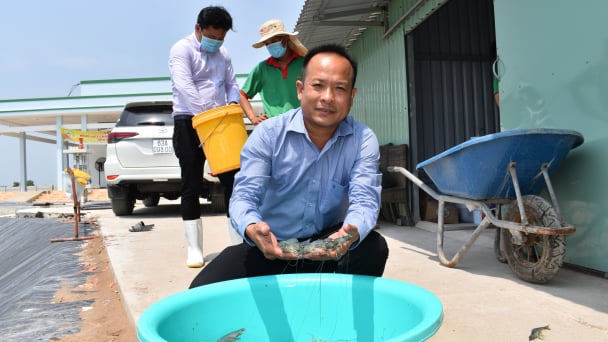
(VAN) One of the key factors for businesses to effectively take advantage of tariff preferences under these FTAs is the rules of origin.

(VAN) Oliyar, a prominent Ukrainian oil and fat manufacturer, has revealed plans to build a farm for 2.3 million laying hens in the Lviv region. The additional production quantities promise to change the competitive landscape of the egg market of the Eastern Europe region.

(VAN) On May 15, Ministry of Agriculture and Environment of Vietnam hosted the 'Connecting Vietnam - Germany agricultural, forestry and fishery trade' seminar in Berlin, Germany.

(VAN) In the face of counterfeit and imitation products, Khanh Hoa Salanganes Nest Company hopes for the prompt completion of the legal framework, strict enforcement against violations, and protection of the bird’s nest brand.